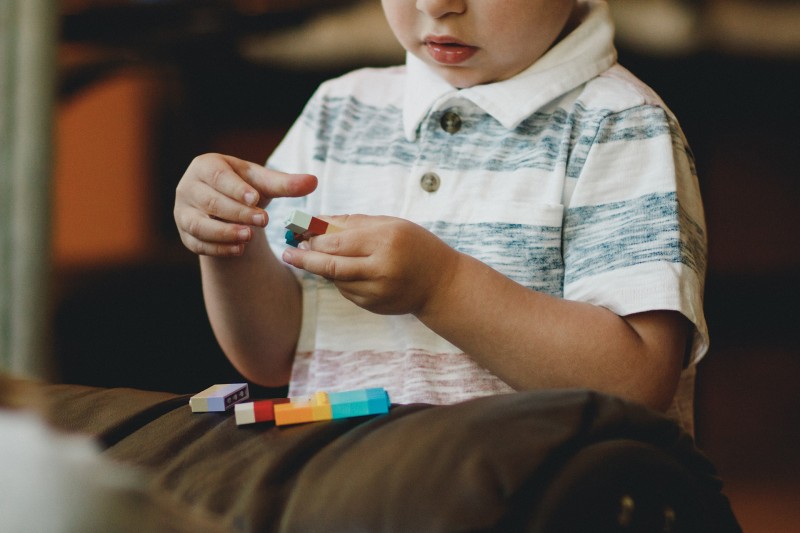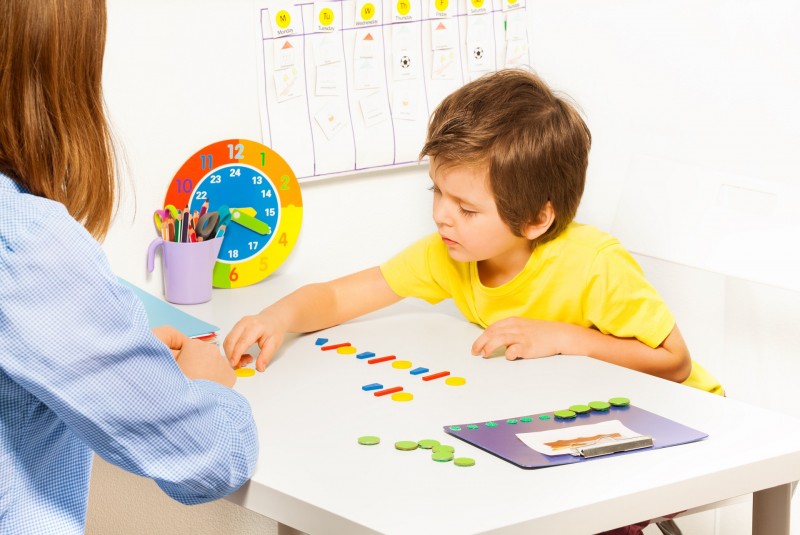Autism and the Challenges of Inclusion
In order to expand everyone’s awareness, some topics must always be on the agenda. One of them is autism, which affects more than two million Brazilians, according to information from the United Nations (UN).

Early diagnosis can make an enormous difference in the individual’s development. Even though they may have physical or mental limitations, they have an extraordinary capacity for adapting and achieving important objectives in life. The world is full of such examples. What is missing at times is the due investment in the Capital of God, in other words, in human creatures themselves.
Symptoms and care

Simone Bruschi
Some people with autism have certain skills that exceed those of the average population. “They are really good with numbers, memorizing, and solving mathematical equations, and with several different issues in life. But they’re unable to make practical use of this,” explains social worker Simone Bruschi.
An aspect that gets in the way of people with autism receiving specialized assistance is the initial denial that the problem exists, which is a frequent situation in families. In an interview to the Sociedade Solidária [Solidary Society] program on Boa Vontade TV, Simone, a member of the Brazilian Association of Assistance and Social Development (ABADS), comments: “When we talk about autism, we’re dealing with something that can’t be identified through a blood test, an electroencephalogram, or a tomography. It’s very hard for the family to accept the diagnosis. There’s a clinical assessment, which is very rich in detail, but family members always question it: ‘Oh, no. I think it might be something different.’”
In such cases, according to Simone, other professionals need to be brought in so they can become involved in the life of this family, of this child or of this teenager.
It is essential to seek a specialist when a child shows any indication of constantly preferring to be alone, of lack of interest in toys, or of not complaining about being left alone in their cribs instead of being cuddled by their parents. “There are families that only begin taking the child for treatment when they reach school age, when the teacher says: ‘Look, your child needs help.’ The earlier the diagnosis, the greater the possibilities of treatment.”

Simone stresses that “some people with autism may have an intellectual disability, but this is not necessarily the rule.”
This presents another challenge, that of placing intellectually disabled people in the labor market. “It’s easier—I’m not sure if I can use this expression—to hire a young person who is physically disabled because of the accessibility facilities that exists today, than someone who is intellectually disabled, for whom we still have no technology to help. That’s why it’s a challenge for supported employment consultants. They have to go to the company and prove that the person with the disability is capable. A lot of awareness-building work is necessary both for employees and for employers and the families.”
The conditions for social inclusion must be improved for those with any type of disability, whether physical or intellectual.
The comments do not represent the views of this site and are the sole responsibility of their authors. It denied the inclusion of inappropriate materials that violate the moral, good customs, and/or the rights of others. Learn more at Frequently asked questions.